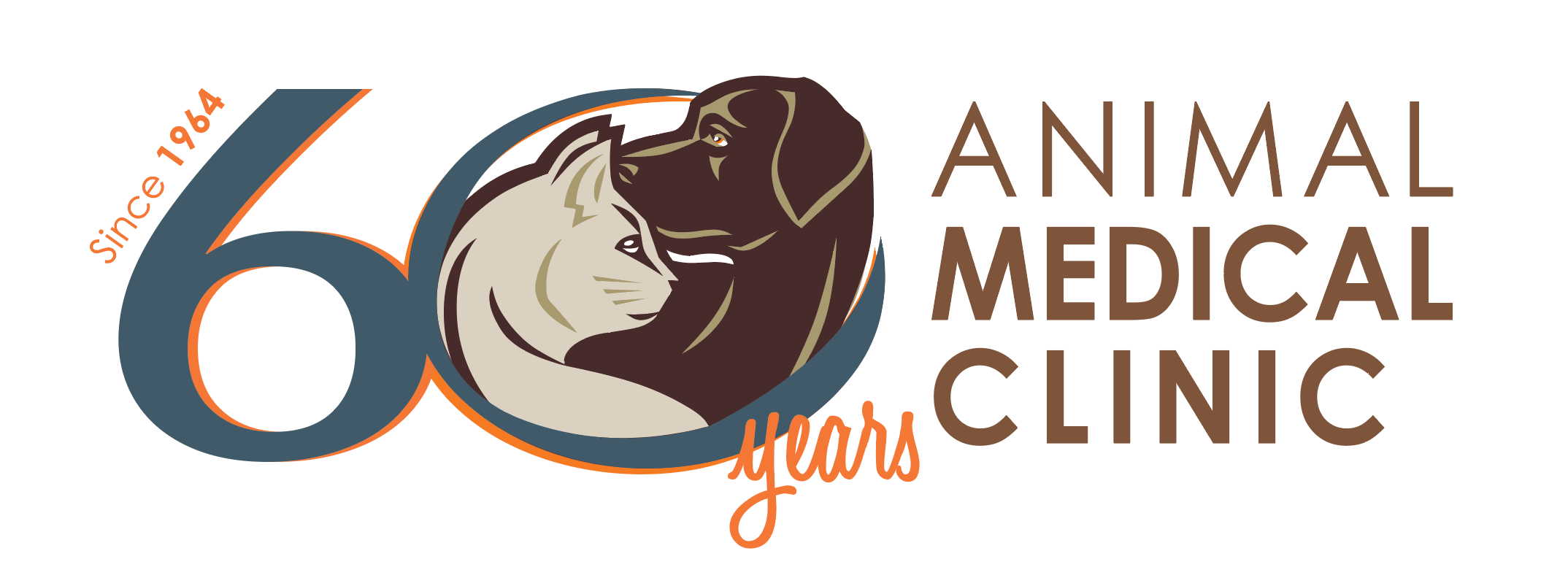Unlike the situation with dogs, it can be hard to tell if your cat is sick because our notoriously independent feline friends tend to mask their symptoms. Cats may also hide when they’re not feeling well. That’s a trait they may have inherited from their cat ancestors who needed to lay low to avoid predators when they’re ill.
Cats don’t tend to be as people-centric or routine-oriented as dogs. Their very nature makes them a little more solitary and less likely to cling to timed events or regular routines. They also tend to be much more subtle about things such as pain or stomach upset, exhibiting symptoms that can seem to relate more to laziness than anything else.
And because cat owners aren’t always aware that tiny changes in their cat can be red flags for larger issues, it’s up to veterinarians to ask specific questions during both preventive care and sick visits to get to the root of any issues – especially if the owners aren’t aware there may be issue in the first place.
There are common symptoms that seem harmless or indicative of regular life-cycle issues, but these symptoms can sometimes be a warming that something health related is going on. Often, those conditions are easily treated, but only if someone notices them. This is why annual exams are extremely important for both indoor and outdoor cats.
Signs That Your Cat May be Sick
- Vomiting is not normal in cats. Some people think it’s ok for a cat to vomit every few days, but it’s not. Things like rare vomiting or the occasional hairball are not concerns. However, anything more than this warrants a trip to the veterinarian.
- Diarrhea may indicate dietary indiscretion, intestinal parasites, and a variety of other problems. Left untreated, diarrhea can lead to dehydration and further intestinal inflammation. It’s also very uncomfortable for your cat.
- Loss of appetite can be normal for cats but it still should not be ignored. If your cat skips the occasional meal but otherwise eats normally, then you should watch closely for trends. If your cat stops eating entirely or is only eating tiny amounts, you need to get your veterinarian involved. Lack of eating for even a few days can lead to a serious problem called fatty liver or hepatic lipidosis.
- Increased appetite may also be a concern, especially if it comes on suddenly in an older cat. Hyperthyroidism may be the explanation, but your vet will need to run tests to be sure. Increased appetite should not be ignored, even in younger cats. If nothing else, it can lead to overeating and obesity.
- Weight changes in cats are always concerning, whether it’s gain or loss. Either might be a sign of an underlying health problem. Weight loss is more urgent in the short term whereas weight gain is usually more harmful over time. If you are not sure about your cat’s weight, make a vet appointment for a check-up or at least a weight check.
- Lethargy is a sign of a problem, even if it’s subtle. Contact your vet if your cat seems to be lying around a lot, sleeping more than usual, or just generally has a low energy level. There is probably something going on with your cat’s health.
- Increased thirst can mean many things in cats. Most often it means there is a problem with the kidneys or possibly diabetes. Many owners never even see their cats drink water. So, if you start noticing your cat near the water dish more than before, it means something.
- Changes in urination are always important to address. They often indicate a urinary tract issue or kidney problem. If you notice a change in frequency or quantity of urine, inappropriate urination, or blood in the urine, schedule a vet appointment. If your cat is straining to urinate and nothing is coming out, this might be an emergency, particularly in male cats. Bring your cat to a vet immediately.
- Changes in breathing like wheezing, coughing, rapid breathing, shortness of breath, and raspy breathing should never be ignored. If your cat is not breathing normally, it may be best to go to an emergency clinic. If the signs are very mild, see your regular veterinarian as soon as possible.
- Discharge from eyes or nose might indicate a possible upper respiratory infection. This can make your cat feel ill and stop eating. It may be contagious to other cats in your home. Your vet may recommend medications to help your cat recover faster.
- Ear debris or discharge might mean your cat has an ear infection or even parasites like ear mites. Waiting to address this may cause the eardrum to become affected. Plus, it is very uncomfortable for your cat.
- Skin irritation or hair loss may be a sign of allergies, external parasites, or another skin condition. It’s also likely painful or itchy. Don’t let your cat suffer needlessly.
- Increased vocalization may mean your cat is sick, in pain, stressed, or just bored. It’s important to rule out a health issue first before you explore the behavioral side of this issue.
- Overgrooming may be behavioral, but it could also mean your cat has a skin issue or is in pain. If you notice overgrooming, start with a vet visit to try to get to the root of the problem.
- Personality changes may be normal when they happen over time, especially as your cat ages. However, if your normally friendly cat is showing aggression, or your happy, confident cat is suddenly acting afraid, there is a need to further explore with your vet. If your cat seems confused or disoriented, then it’s an even more urgent situation.
- Limping and trouble jumping up are signs of an injury or a condition like arthritis. Don’t assume your cat is not in pain because he is eating and acting normal otherwise. See your vet so the injury or condition can be treated appropriately.
- Swelling in any area of the body should not be ignored. It may be a wound that has turned into an abscess. It could even be a tumor. Watch the swollen area closely. If it is painful, hot to the touch, or does not get better in a day or two, see your vet.
- Bad breath could be a sign of kidney disease or of dental problems. Mild halitosis may not be urgent, but it means your cat’s teeth should be checked soon. Severe bad breath should be addressed sooner. Also, watch for ?excessive drooling and bleeding from the mouth. If your cat has an oral infection, it exposes the whole body to the bacteria in the mouth. This could lead to problems with the heart and other organs.
Please call us if your cat is experiencing any of these signs.



